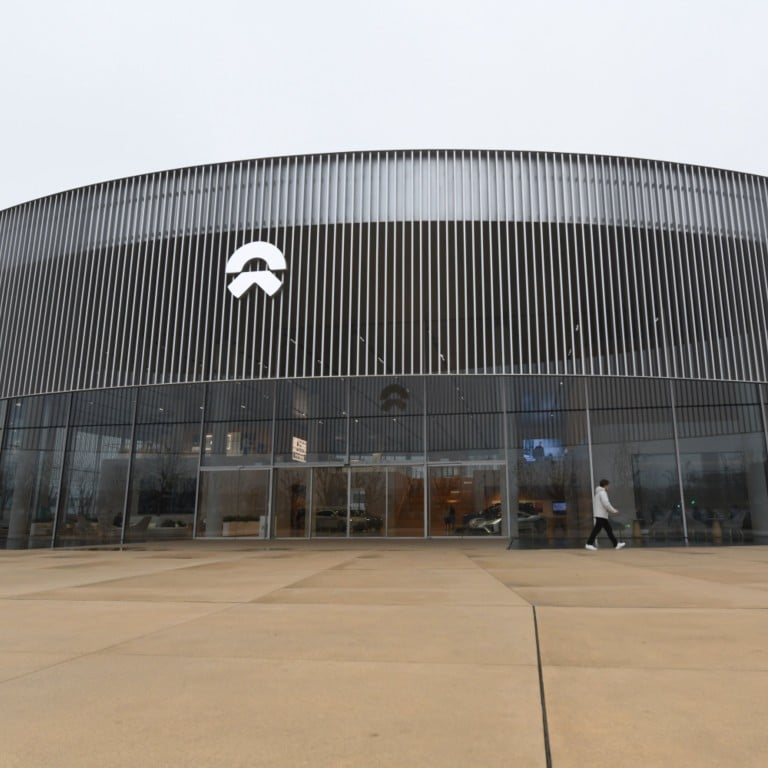
Nio reports wider loss, forecasts sharp fall in deliveries as price war in China’s EV sector escalates
- The Shanghai-based carmaker expects to hand over 31,000 to 33,000 EVs between January and March, down 34.1 to 38.1 per cent from the fourth quarter of 2023
- Price competition to affect Nio’s sales in the coming months: Shanghai consultancy executive
The Shanghai-based carmaker expects to hand over 31,000 to 33,000 EVs to mainland Chinese customers between January and March, down 34.1 to 38.1 per cent from the fourth quarter of 2023.
Nio published its delivery guidance on Tuesday after it reported a net loss of 5.37 billion yuan (US$745.9 million), or 3.18 yuan per share, for last year’s fourth quarter. Its losses widened by 17.8 per cent from the previous quarter.
Nio’s performance was also worse than a forecasted loss of 2.98 billion yuan made by analysts surveyed by Bloomberg. Nio’s revenue climbed 10.3 per cent quarter on quarter to 17.1 billion yuan.
“Price competition is likely to affect Nio’s sales in the coming months,” said Chen Jinzhu, CEO of consultancy Shanghai Mingliang Auto Service. “Its existing premium models are also victims of weak market sentiment, as drivers shift to cheaper EVs.”
Nio delivered 50,045 EVs to mainland customers in the three months ending December 31, beating a forecast of 47,000 to 49,000 units. The delivery volume represented a 9.7 per cent drop from the previous quarter.
Three carmakers, including a General Motors joint venture, followed suit and priced their bestselling battery-powered cars below the 100,000-yuan threshold, escalating a price war that could accelerate the transition to EVs in China.
Cui Dongshu, general secretary of the China Passenger Car Association, said last month that most carmakers were set to offer discounts and engage in a price war to retain market share this year.
Nio’s per-vehicle margin, the gap between the selling price and tangible costs such as raw materials, labour and logistics, increased to 11.9 per cent in the last three months of 2023, compared to 11 per cent in the previous quarter.
The company plans to roll out a new electric sport-utility vehicle priced at less than 300,000 yuan under a new mass-market brand, with the aim of attracting customers away from Tesla’s Shanghai-made Model Y, William Li, Nio’s co-founder and CEO, said in a meeting with Nio car owners last weekend. Nio has yet to announce the name of the brand, revealing only its code name as “Alps”.
Li Auto, the mainland’s nearest rival to Tesla, forecast late last month that its deliveries between January and March could slump by as much as 24.1 per cent from the previous quarter.
At present, only a few EV assemblers, such as BYD and Nio, are profitable in China, while most companies have yet to break even.

